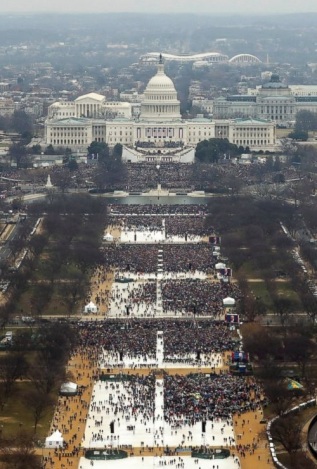The Proper Way to Greet a Babalawo

One of the things that was stressed upon me as a member of a conventional ile was the proper greeting for the various priest and priestesses within the tradition. Depending on where one was from, the greeting process could be extensive with devotees doing salutes and prostrating themselves on the floor. However, the proper greeting for a babalawo is not as mysterious nor complex as a lot of people may think. There are a variety of techniques that can be used in the proper greeting for a babalawo. Unfortunately, to list them all would make for an extremely long essay. Therefore, I’ll just cover a sample of some of the more popular processes.
A lot of factors should be taken into consideration when greeting a babalawo or any person in the tradition with a title. Some factors that should be kept in mind are the relationship the devotee has with the babalawo. Has the devotee and the babalawo ever met before? If so, under what terms did they have their previous greeting? Is their a cordial relationship between the two or is it more distant and reserved? Is the devotee a male or female? Is the babalawo older than the devotee? Where have the devotee and the babalawo met before? Was the previous meeting in a formal setting or was it in an informal gathering such as a party or bimbe? Who saw who first? All these factors and more must be given the proper amount of attention in the greeting process.
It may sound complex but trust me, it is not as difficult as it may sound. Actually, to those with an open mind and who wish to truly understand the concepts of Ifa as they are intended to be followed by everyone, it will come as naturally as your next breath.
When meeting a babalawo for the first time, proper etiquette suggest that the devotee walks up to the babalawo, get the baba’s attention, extend the right hand, smile with a friendly facial expression, and say something clever along the lines of, “Hello, my name is Peacemaker”. Now, the knowledgeable babalawo who wishes to acknowledge the devotee might say something in return along the lines of, “Hello, it’s a pleasure to meet you.” If the babalawo wishes to establish a relationship he may honor you with his full attention and turn his entire body to your direction.
However, do not be offended if the baba cannot or does not give you his full attention. A most important consideration to remember this time is the fact that your worth is not measured by how well or poorly the baba responds to you. Many babalawos have the social skills of a European aristocrat and the devotee would do well to remember that not everyone has the good social graces. In fact many babalawos, priest, and other people with titles within the tradition believe that devotees without titles or initiates with lesser titles are beneath them. That’s okay. Even a babalawo is human and you as a devotee would do well to dismiss him for his poor judgment.
Many devotees already practice this form of greeting. As a student of Ifa who resides in America the style of greeting previously described is most appropriate for this environment. If the devotee and babalawo have a history and it is cordial the devotee could give the babalawo an affectionate hug. The smiles may be broader and the greeting somewhat familiar like, “It’s good to see you again.” The babalawo may return the warmth by saying, “It’s good to see you too.” Unfortunately, if the baba is known to have demonstrated less than proper social manners in the past you may want to watch and observe the babalawo before exposing yourself to the potential of rudeness.
When greeting other practitioners of the Ifa tradition regardless of their title it is most important to remember the simple fact that we are in this together. We are all human and none of us are more human than the other. Regardless of how people wish to push an agenda that they are better or are more important. But they are just people. They don’t have any more access to spirituality than you do. For a lot of people with spiritual titles the whole tradition is little more than a performance on a spiritual stage to con the unsuspecting. They are not your superiors. They are your brothers and sisters. Fall to your knees and praise their shadow as it stretches from their feet if you must. Personally, I’d rather look them in the eye and say something like “Hello” or “How you doin'” or Wha’s up?”
